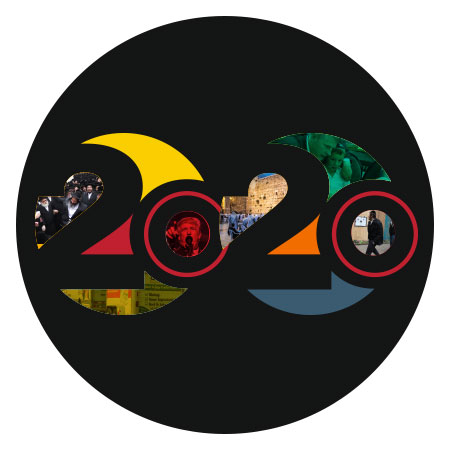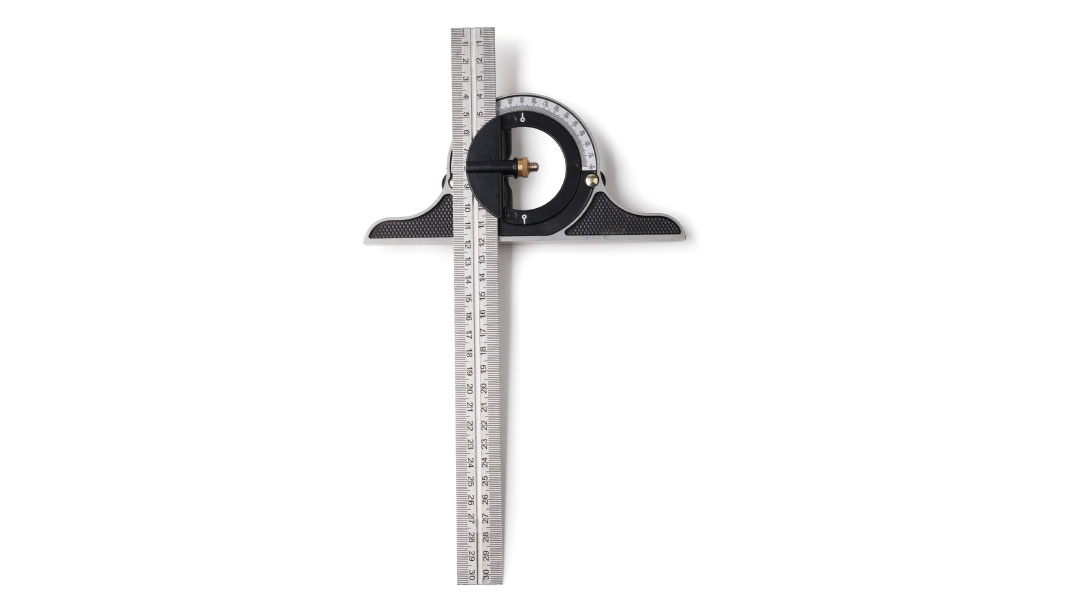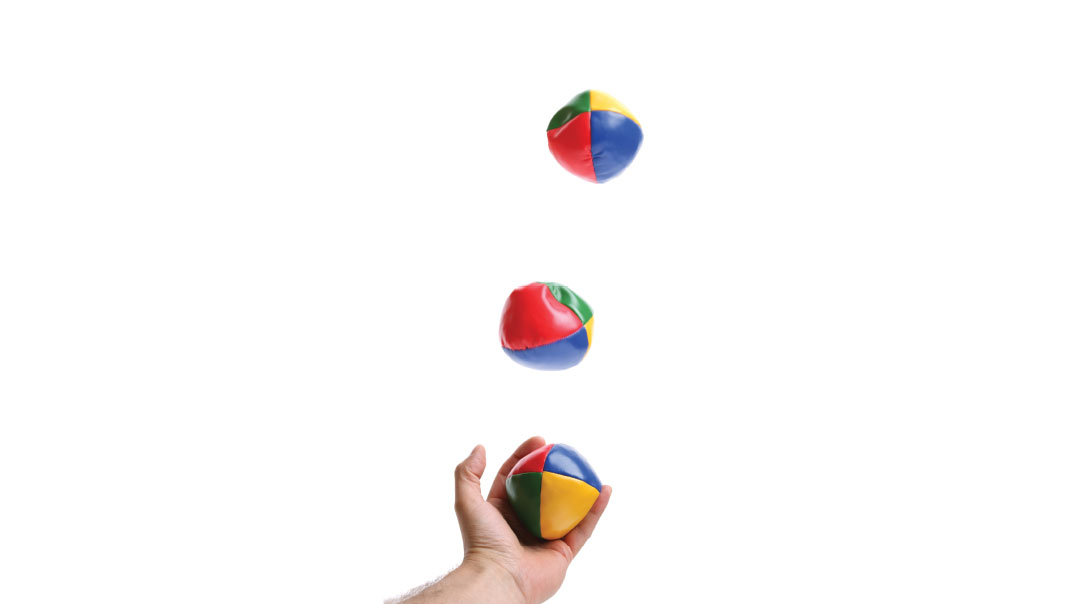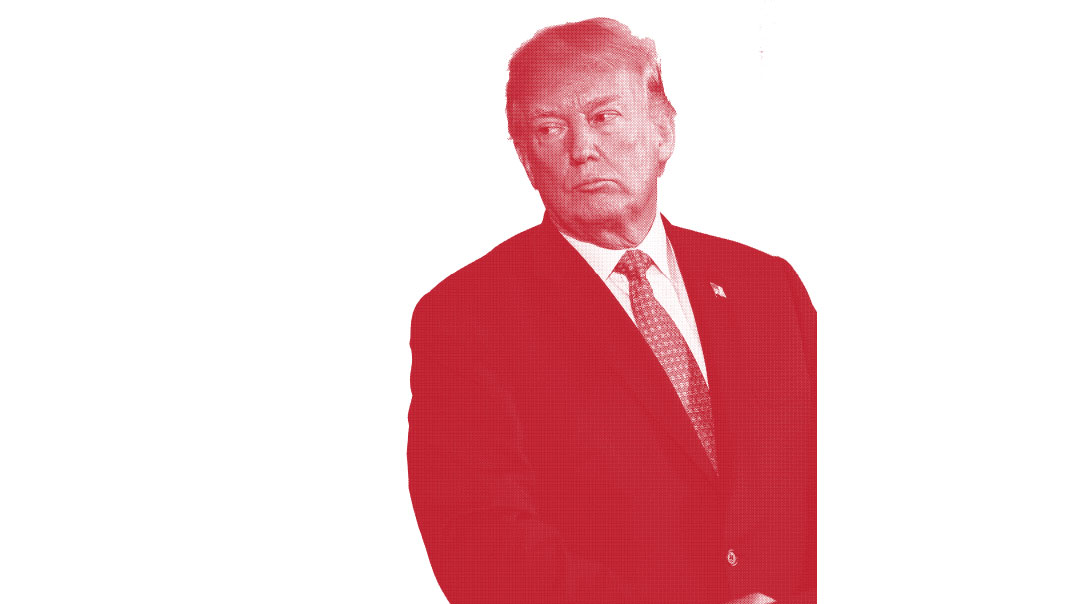This Isn’t the CHINUCH of 2010

The rules have changed, and I’m saying it again loud and clear: be your son’s friend

M
oore’s law states that the number of t
I have no idea what that means except that technology’s speed and power is growing exponentially. And as any mechanech can attest, that exponential growth comes with a corresponding negative impact upon our youth. So if millennials a decade ago were facing daunting challenges, the challenges confronting kids nowadays seem insurmountable.
Some of these challenges include severely decreasing attention spans, severely increasing expectations of an immediate payoff, a snowballing chance of exposure to indecency at every turn, and unmitigated superficiality. All this results in children who are increasingly lonely and depressed, who find Gemara uninteresting and Yiddishkeit uninspiring — and who cannot hear the word NO.
A decade ago we may have thought that filters and the like could do the trick, but now after ten years, we must concede that while filters are absolutely critical, they don’t guarantee success. Far from it.
As a shul rav and a father, I want to suggest not a solution, but rather an inoculation, an immunization of sorts — in fact, two of them — based on personal observations.
Firstly, have your son join “V’Haarev Na.” It works. Like magic. The clarity, the sense of accomplishment, the work ethic, the comradery, all generate an incredible sense of belonging and geshmak, both in learning and in Yiddishkeit. It did not exist ten years ago but it does now. Jump on the bandwagon.
One more thing: “A father should not be his son’s friend.”
We’ve all heard that maxim at one time, and I’m sure that it was once an ironclad and sensible rule. But it simply is not true today. I see it time and time again. The sons whose fathers schmooze with them, laugh together as friends, share the hock… those are the boys who thrive. And those boys whose fathers are distant, struggle.
So do whatever it takes to connect. If your son likes sports, then hock with him about sports. If he likes to play ball, do that. If your son reads Harry Potter then read Harry Potter.
Tell him about your childhood. About your escapades and the trouble you made as a kid. How you and your siblings used to fight like cats and dogs. Share with him your life.
Of course there are some, if not many things, you cannot speak to him about… but if you are not sure about sharing something — perhaps because it makes you feel vulnerable — then that is exactly the thing you should share. It will make him feel important and validated… and connected.
All these things sound terrible. Perhaps they were, back in 2010. But the alternative of not having a relationship is infinitely worse. Your son will get over his sports obsession and his love of Harry Potter will fade with time (I think). But in today’s milieu you cannot afford to have a son who feels alienated from his father.
I know all this seems counterintuitive, but I beg you to try it. Because if you successfully do make that connection, that closeness will immunize your son against the entire laundry list above.
It’s 2020, the rules have changed, and I’m saying it again loud and clear: be your son’s friend.
(Originally featured in Mishpacha, Issue 790)
Oops! We could not locate your form.













